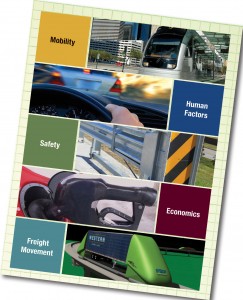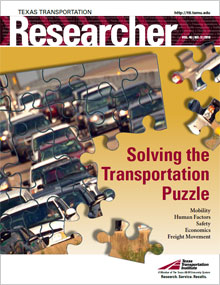
Things change. Technologies, economies, living conditions — thanks to human ingenuity and entrepreneurial spirit, they change over time. And yet there’s also truth in the axiom that the more things change, the more they stay the same. So what makes both of these seemingly contrasting ideas true?
In his well-known article in The Freeman in 2004, Stephen Davies recounts “The Great Horse-Manure Crisis of 1894.” Davies describes how attendees deserted the first international conference on urban planning after only three days, despite the conference’s 10-day agenda. Their reason? No one could find a solution to the No. 1 transportation crisis of the day — the staggering accumulation of horse manure in cities. According to Davies, “in New York City in 1900…100,000 horses produced 2.5 million pounds of horse manure a day.” Doomsayers predicted the decay of urban life by the mid-20th century as a result of this “insurmountable problem.”
Well, we know how that turned out. Electric streetcars replaced horse-drawn trolleys, and automobiles and buses soon followed. The crisis was simply innovated out of existence. And that’s Davies’ point — human ingenuity is the best insurance against any doomsday scenario actually coming to fruition.
Today we face crises of our own. Energy prices and availability, population growth and demographic changes, mobility needs, air and water pollution, economic unease — we use new terms like “livability” and “sustainability” to describe these concerns, but they reflect the same worries our great-grandparents shared. While they feared having enough hay to feed all those horses, we worry about affording gasoline for automobiles. Instead of horses we worry about horsepower. The more things change, the more they stay the same.
Yet, Davies’ point about human ingenuity safeguarding the future still holds. Research at the Texas Transportation Institute (TTI) is much like Henry Ford’s design. What is invention if not finding a solution to a problem? That’s precisely the goal of transportation research.
At TTI, we study all aspects of transportation: mobility, safety, economics, freight, human factors, infrastructure, security, environment and workforce development. These aren’t merely nine research categories; they’re opportunities. Things can change — and for the better.
In this issue of the Texas Transportation Researcher, you’ll read about how TTI is performing essential research in the first five of these areas. (We’ll address the remaining four areas in the next issue.) Each section is followed by an expert’s commentary.
Transportation connects all aspects of our lives: home, work, education, recreation and commerce. At TTI we see our role as helping to create a better life through innovative transportation research. TTI improves mobility, safety and economic competitiveness, and our research findings aid policy makers in coming to better-informed, forward-looking decisions. In short, we help solve transportation problems — before they really start to pile up.
